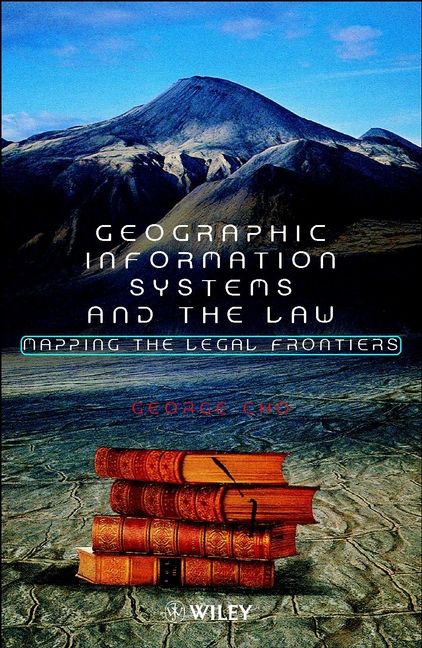By the millennium most government departments and businesses willrely on some sort of GIS to conduct their everyday activities. Thepower and speed of such a tool in planning, research and managingspatial databases is invaluable. However, it is becomingincreasingly apparent that the legal implications of GIS are asconvoluted as those raised by the Internet. This is alreadybecoming a field which is stretching legal systems around the worldto their limit. Users, practitioners, developers, and custodians ofdata need a clear guide. This book, avoiding technological andlegal jargon, clarifies the issues of the rights, limitations, andresponsibilities of GIS. Geographic Information Systems and the Lawaddresses the legal relations between those who provide data andthose who use the data. Areas covered include:<br> * the legal regimes and economic aspects of GIS<br> * contract law governing information technology<br> * data and information in a digital age<br> * legal liabilities — damages, negligence, and standards ofcare<br> * public access and ownership of information<br> * privacy and security issues — intellectual property andcopyright<br> * international law and the globalisation of informationtechnology<br> The analysis is illustrated by an international range of casematerial from the United Kingdom, the United States, Australia andNew Zealand. Geography / Information Studies / Law
Geography
Geographic Information Systems and the Law
₹20,084.00
Mapping the Legal Frontiers
This book is currently not in stock. You are pre-ordering this book.

